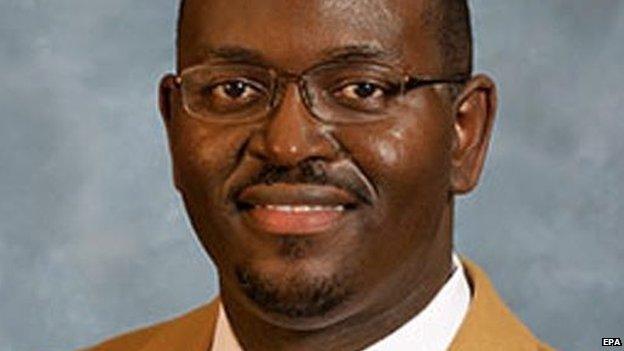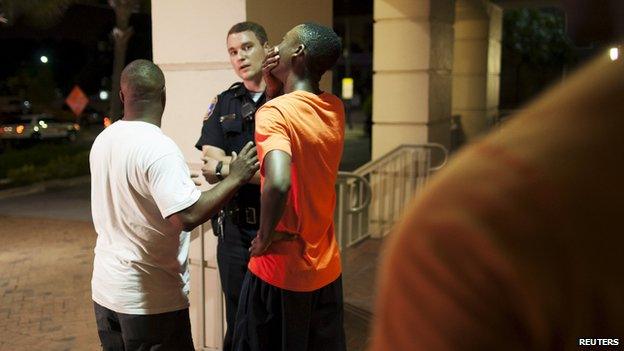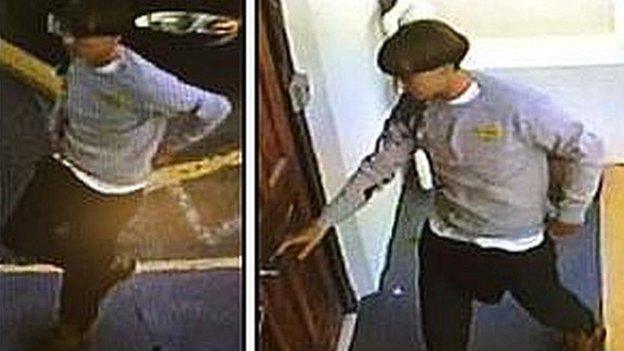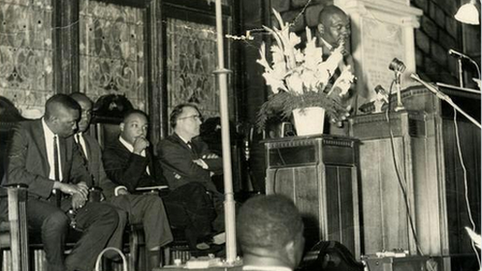Clementa Pinckney: The pastor who lifted human spirits
- Published

Clementa Pinckney was a rising star of Democratic politics in South Carolina
A church pastor and a state senator, Clementa Pinckney spoke of his politics as an extension of his religious mission, as another way of serving the people around him.
"Our calling is not just within the walls of the congregation," he said. "We are part of the life and community in which our congregation resides."
On Wednesday evening, Mr Pinckney was shot dead among those he had pledged to serve - one of nine victims of a gun attack on the Mother Emanuel African Methodist Episcopal Church in Charleston, South Carolina.
A video of him, filmed at the church, external in 2013, reveals a man marked for pulpit and senate, with a gift for speaking intimately, almost informally, to a large crowd.
In a warm baritone, Mr Pinckney discusses his church's place in African-American history and its origins in an attempted slave insurrection in the 19th century.
The would-be insurrectionists were interrogated in "a little Guantanamo experiment", says Mr Pinckney. Some were eventually put to death.
The 41-year-old pastor had begun preaching at the age of 13. He was also a rising star of Democratic politics in a state long dominated by Republicans.
He was the youngest African-American in South Carolina's history to be elected to the legislature. He had been a student at the state university, a Lutheran seminary, as well as at Princeton University.

The shooting at the church has spread shock through Charleston
Mr Pinckney came from a family of civil rights activists and leaders. Among them were campaigners for the desegregation of school buses and for electoral reforms that would pave the way for the emergence of black politicians.
In 1998, the veteran Washington Post political reporter, David Broder, met Mr Pinckney and described him, external as a "spirit-lifter".
"Our people expect the best of us," the young politician told the reporter. "They send us to take care of the people's business, and those of us who take hold of that responsibility understand that's what it's really about."
Earlier this year, Mr Pinckney appeared at rallies to protest at the death of Walter Scott, an unarmed black man shot dead by a police officer in Charleston.
The pastor lent his voice to a campaign for the police to be forced to wear body cameras.
"I always felt God had called me to serve within the church because of what the church stands for," he told the Charleston Post and Courtier in 2010. "This has always been home."
Mr Pinckney was married, with two children.
- Published18 June 2015

- Published18 June 2015
